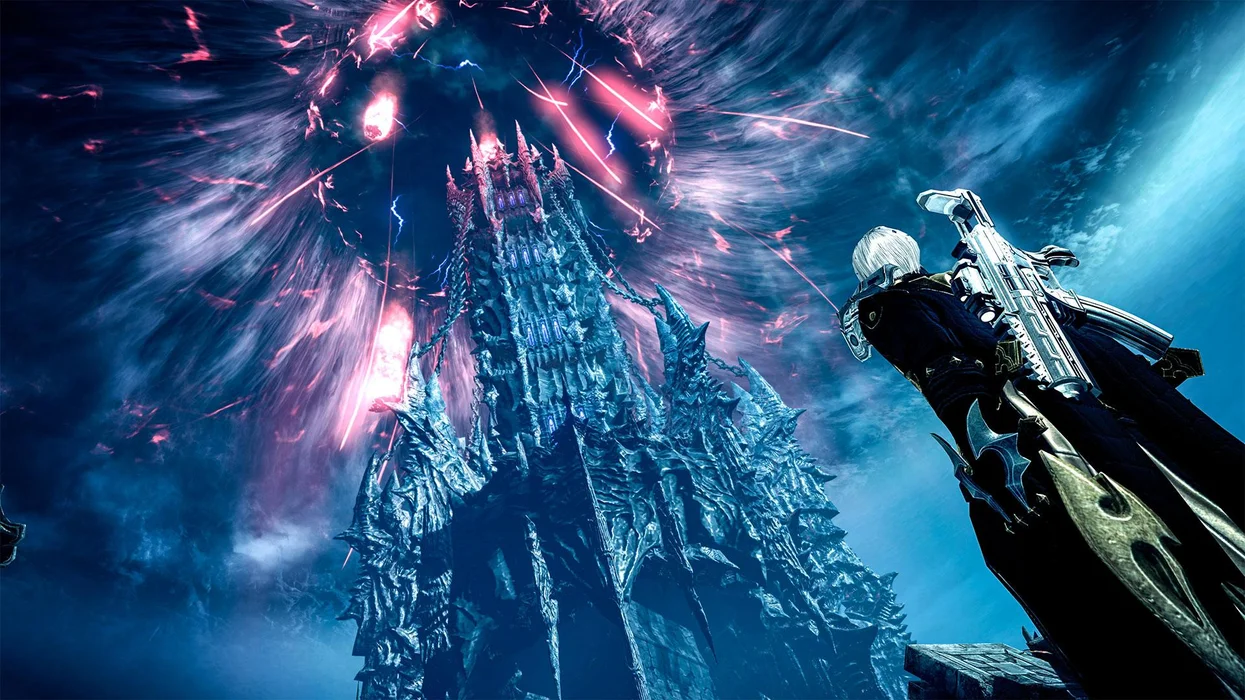The Future of Esports: A Look into the Growing Phenomenon
SOURCE: HTTPS://GAMEISHARD.GG/
OCT 16, 2023
Amazon found success in games by embracing live service titles
SOURCE: PROTOCOL.COM
MAR 08, 2022

Hello, and welcome to Protocol Entertainment, your guide to the business of the gaming and media industries. This Tuesday, we’re looking at where Amazon Games chief Christoph Hartmann thinks the industry is headed, how developers are responding to the war in Ukraine, and how Halo studio 343 Industries is struggling to maintain the sci-fi shooter’s post-launch roadmap.
Unlike its peers in the tech industry, Amazon can say with confidence it knows the recipe to a successful modern video game. The company tried and failed, rather publicly, to make its own games for years, releasing and then canceling a competitive title called Crucible and shutting down a Lord of the Rings game.
But now, Amazon has not one, but two successful video games under its belt: New World, a fantasy role-playing MMO, and Lost Ark, a South Korean MMO from developer Smilegate that Amazon helped localize and publish for North America and Europe. Amazon Games chief Christoph Hartmann told me the takeaway from these successes is the promise of the live service model, which he sees as the future of the industry.
New World and Lost Ark buck industry trends. The MMO genre has long been dominated by two games: Blizzard’s World of Warcraft and Square Enix’s Final Fantasy XIV. The former is nearly 20 years old, and the latter was released nine years ago. That made the MMO genre a good candidate, according to Hartmann.
The live service model has had a bumpy road. Many early MMOs helped popularize the live service model by charging monthly subscription fees to access the game on an ongoing basis. Over the years, however, the approach began to shift, influenced by the success of mobile games and free-to-play.
Amazon has found its niche. Hartmann said the company has finally found its footing with New World and Lost Ark, one of which is paid and the other a free-to-play game, but both live service titles. Now it wants to develop more games of its own and publish more titles from third parties.
Amazon’s commitment to gaming is long term, Hartmann said. The company sees gaming as a central pillar to the entertainment industry, especially now that video game-based film and TV has started picking up serious steam in Hollywood. Just yesterday, a Deadline report said Amazon is in talks with Sony to adapt its God of War franchise into a Prime Video TV series.
Hartmann said a central ethos to Amazon Games is learning to fail and learning from those failures. “Even if one of those games doesn't at the beginning do as well as we want, one thing I always told myself is we want to follow the Amazon DNA … We're not throwing in the towel just because we didn't didn't turn a profit in the first 24 hours,” he said. “If you believe in it, keep on going, learn from it. Especially with us being committed to live service games, sometimes it takes a while for them to nurture.”
— Nick Statt
LATEST NEWS
Artificial Intelligence
Eerily realistic: Microsoft’s new AI model makes images talk, sing
APR 20, 2024
WHAT'S TRENDING


Data Science
5 Imaginative Data Science Projects That Can Make Your Portfolio Stand Out
OCT 05, 2022

SOURCE: HTTPS://GAMEISHARD.GG/
OCT 16, 2023
SOURCE: HTTPS://AFKGAMING.COM/
SEP 26, 2023
SOURCE: HTTPS://NEWS.CUMBRIA.AC.UK/
SEP 26, 2023
SOURCE: HTTPS://GEEKSPIN.CO/LENOVO-LEGION-GO/
SEP 01, 2023
SOURCE: WWW.GAMESPOT.COM/
AUG 22, 2023
SOURCE: HTTPS://TECH.HINDUSTANTIMES.COM/
AUG 16, 2023
SOURCE: HTTPS://WWW.SCIENCEDAILY.COM/
AUG 08, 2023